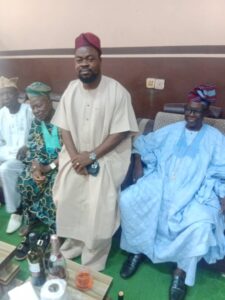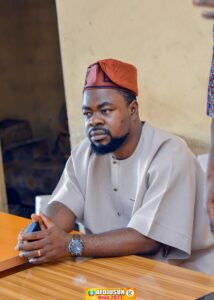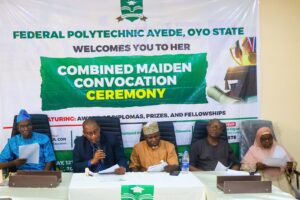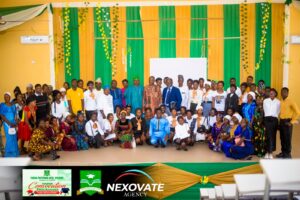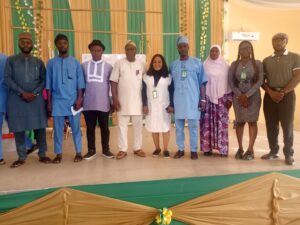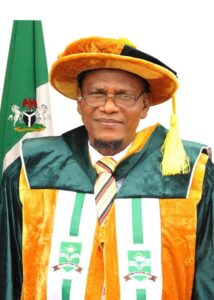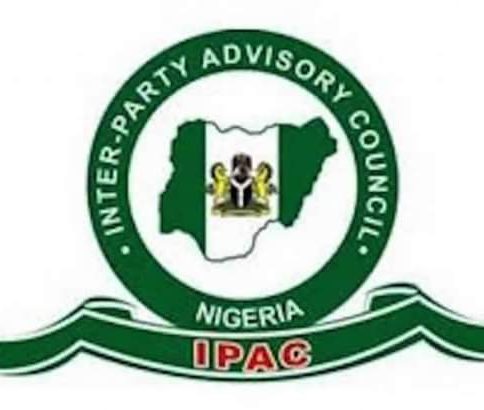
As part of effort to improve women reresentation in government, the Inter-Party Advisory Council (IPAC) has endorsed a bill in the National Assembly seeking to amend the 1999 constitution to provide seat reservations for women in the National and State Assemblies.
The need for increase in the women representation in government at all levels has been a recurring issue that has dominated the Nigerian political discourse.
In the last 25 years (1999 – 2024), the House of Representatives just elected 132 out 2520 lawmakers while only 43 out of 763 senators elected in the last 25 years are females.
The council, in a communique issued on Sunday in Abuja after its second roundtable, with the theme: “64 years of Independence, Inclusive Democracy and the Options of Special Seats for Women,” also called for the swift passage of the bill into law.
The communique was jointly signed by the council‘s National Chairman, Yusuf Dantalle and its National Secretary, Maxwell Mgbudem.
IPAC, reaffirming its commitment to promoting inclusive democracy, commended the National Assembly for the introduction of the Constitution Alteration Bill for Special Seats for Women (HB 1349), sponsored by Deputy Speaker, Benjamin Kalu and 12 others.
The council said that special seats should be allocated to women in the National Assembly and State Houses of Assembly to address historical underrepresentation.
The measure according to the council will help increase women’s participation and build momentum for long-term change.
“Accordingly, political parties should make it a matter of policy to implement candidate quotas to ensure that a certain percentage of candidates are women.
“Relevant stakeholders should invest more in building capacity to provide leadership training, financial resources, and networking opportunities to support our female politicians.
“Political parties should ensure policies and programs are inclusive and responsive to the needs of all citizens, regardless of gender, ethnicity, or socio-economic status,” the council said.
IPAC emphasised the need for temporary special measures to reserve women-only seats, enabling women to compete in a skewed political environment to be implemented.
It also called for deliberate collaborations that would foster dialogue and cooperation among stakeholders, including civil society organizations, government institutions, and all political parties, to promote inclusive democracy to be encouraged.
It also stressed the need for community and faith based organizations, NGOs, CSOs, and other critical stakeholders to be brought on board to facilitate the achievement of more inclusivity.
“We recommend the need to domesticate the issue of inclusivity and take it back to the grassroot with a deliberate and intentional structure like the creation of a permanent directorate for women in various institutions for affirmative action.
The group also emphasised the need for the government to address identified obstacles that hinder women’s participation in politics, such as cultural and social norms, lack of access to education and resources, and violence against.
The body appealed to President Bola Tinubu as an avid crusader for women inclusivity, to increase and reflect the 35 per cent women participation in his cabinet and governance structure.
It also advised women organisations and all critical stakeholders to lobby and appeal to the president to support the crusade for more participation of women.
It urged all stakeholders to join forces in promoting inclusive democracy, ensuring Nigeria’s progress toward a more equitable society.


